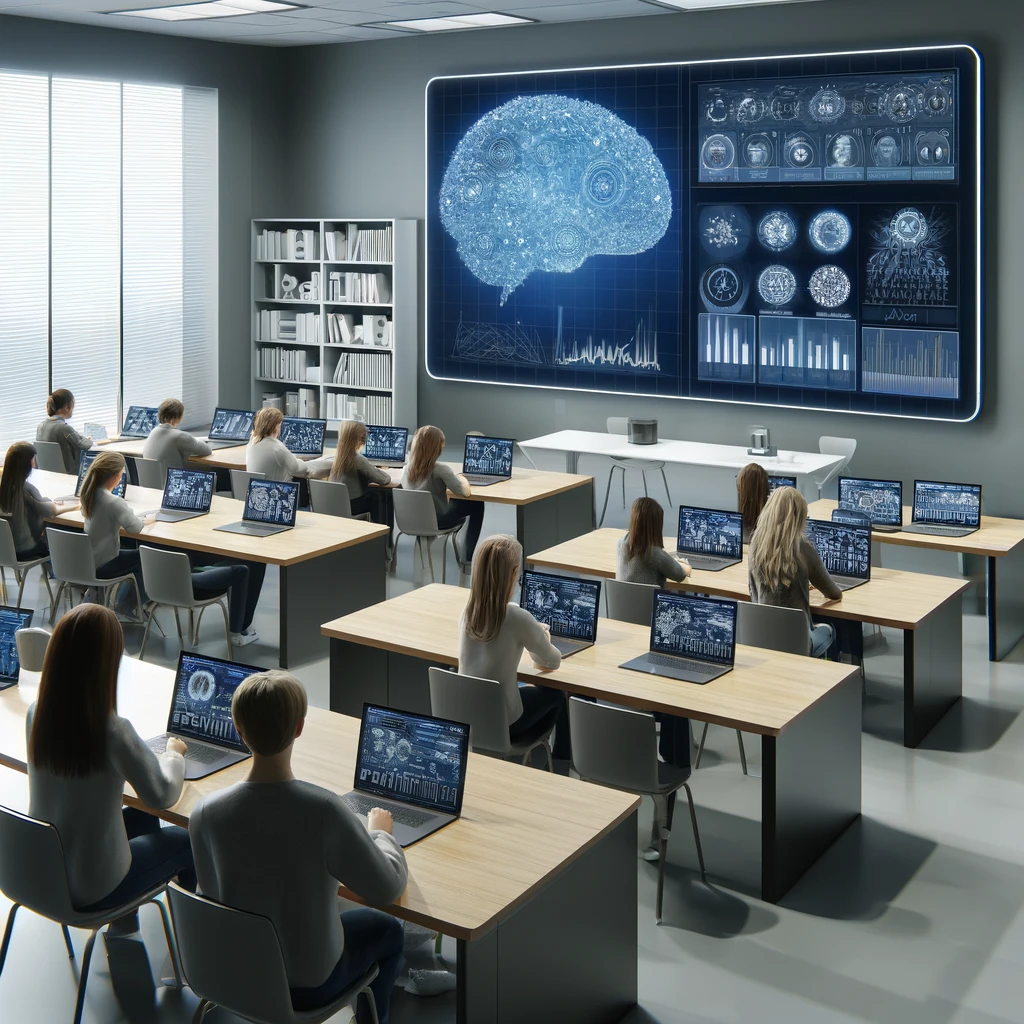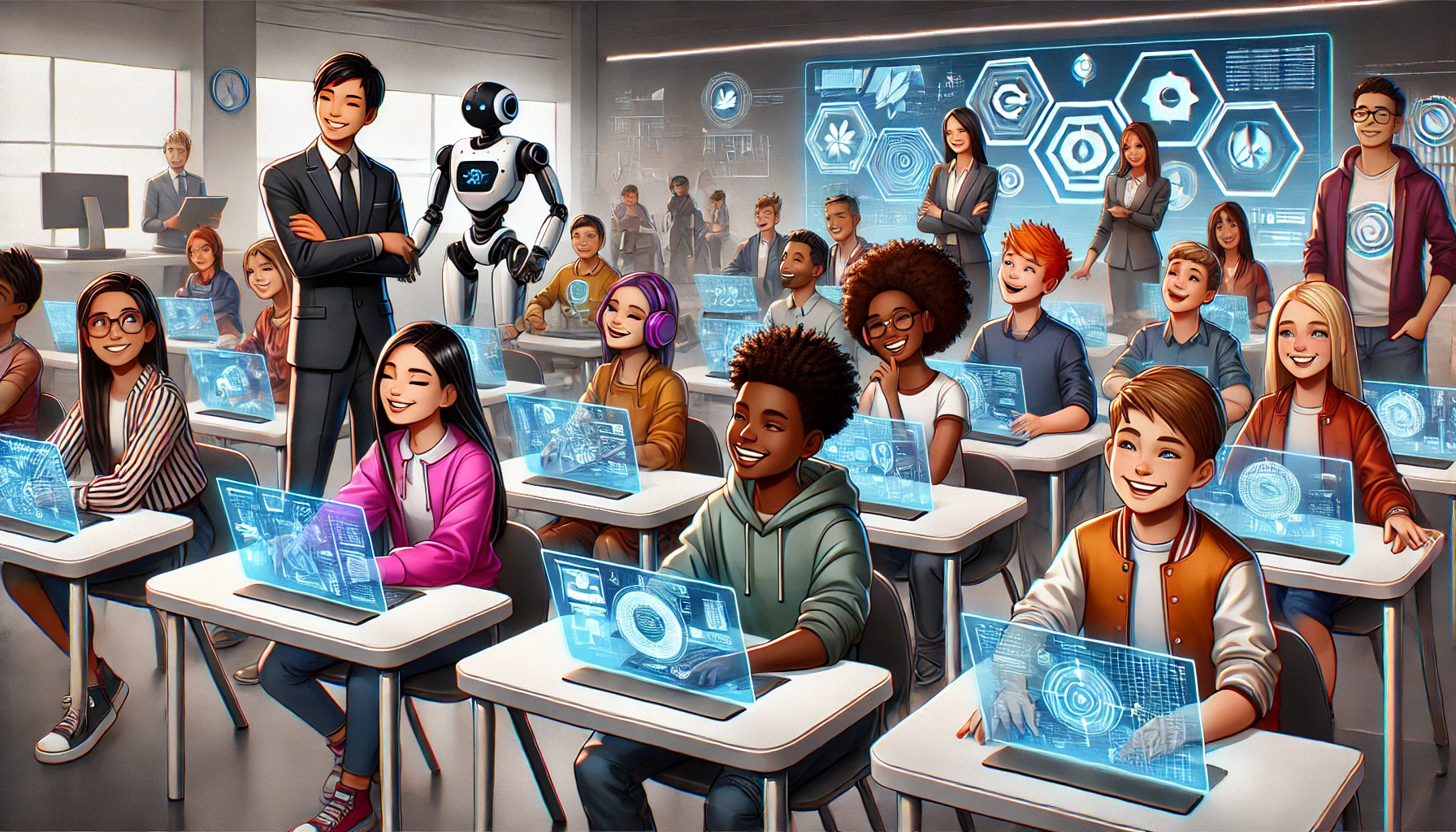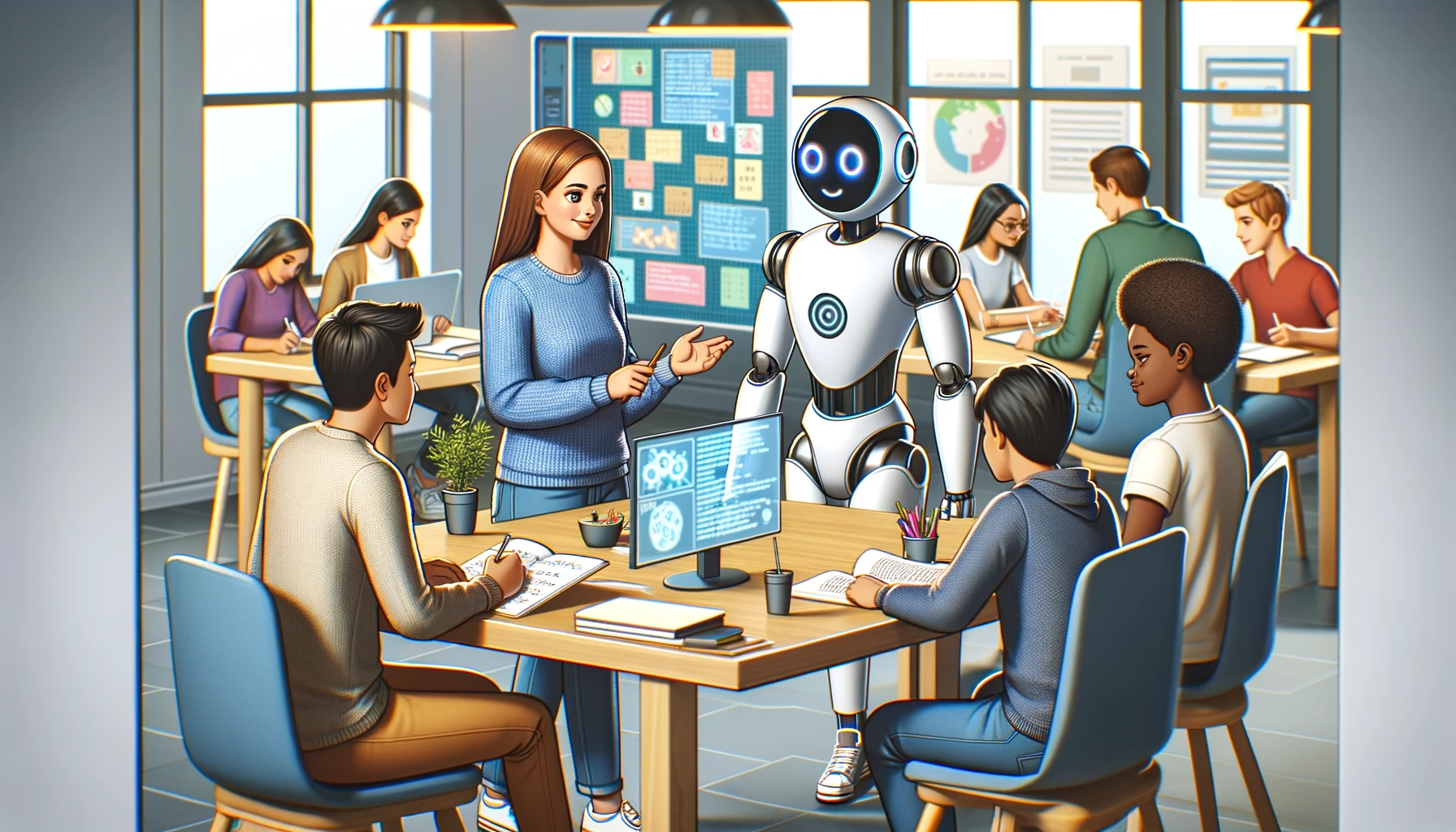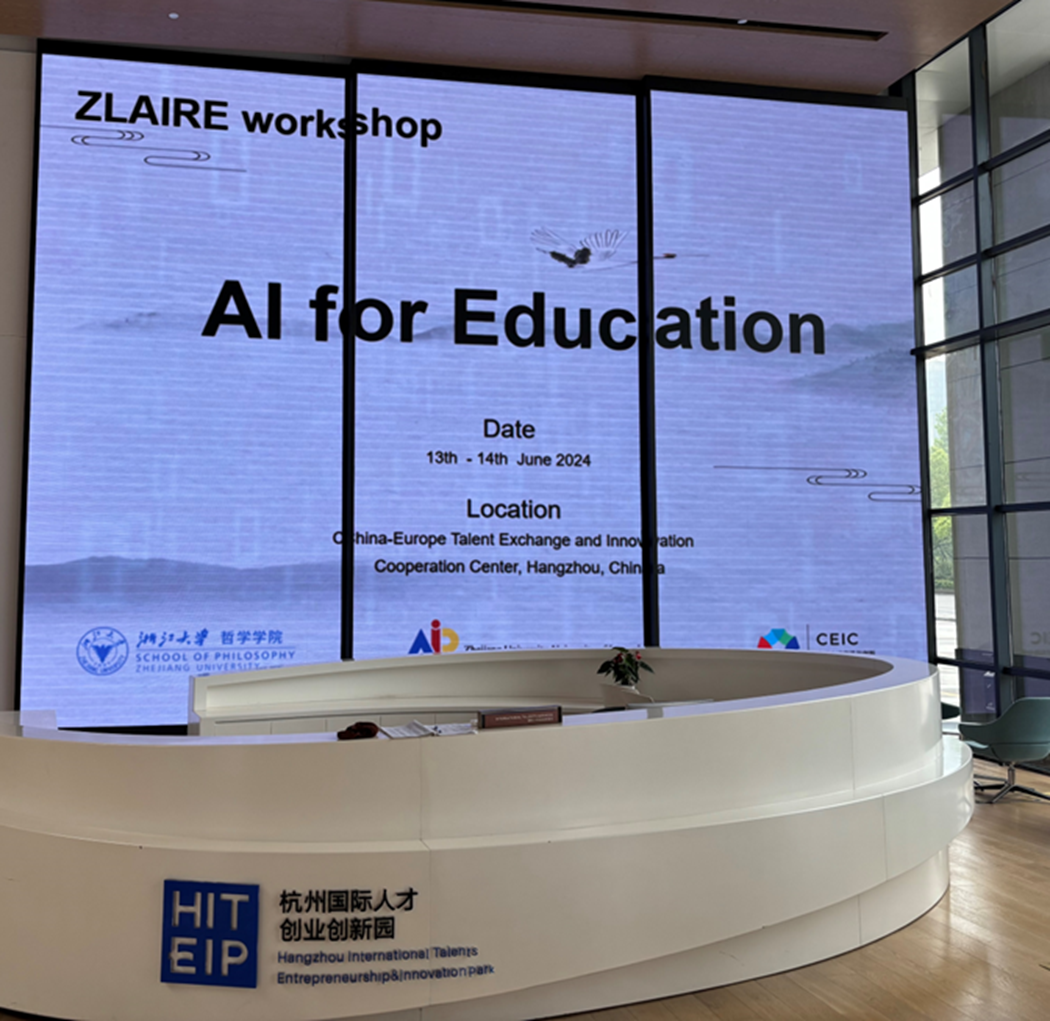Activities
Publications

Computing Education in the Age of AI-Based Assistants: Challenges and Opportunities
On the basis of discussions at the 2𝑛𝑑 edition of the Frontiers on Software Engineering Education workshop, researchers identified challenges brought by the use of AI assistants into computing education. These challenges represent a starting point for the endless road towards effective education of software engineering and computing science in higher education. This paper summarises the challenges and research opportunities that were identified during the heated discussions at the workshop.
Authors: Alfredo Capozucca, Sophie Ebersold, Jean-Michel Bruel & Bertrand Meyer
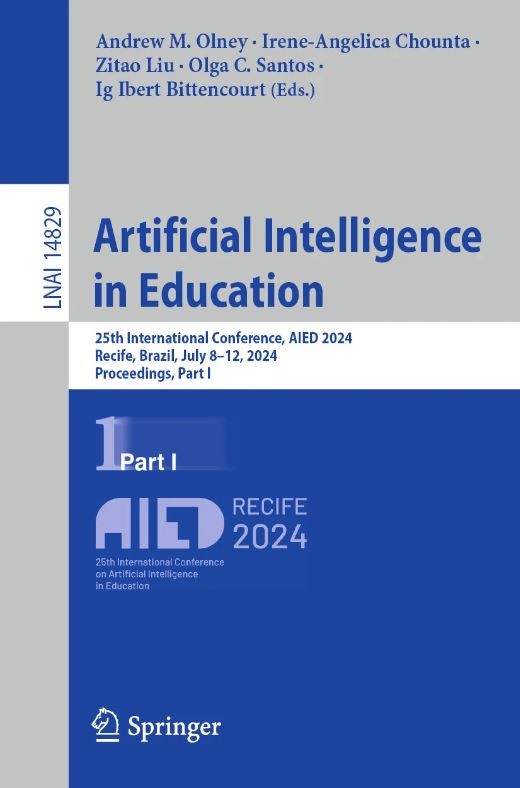
Fine-Tuning a Large Language Model with Reinforcement Learning for Educational Question Generation
Educational Natural Language Generation (EduQG) aims to automatically generate educational questions from textual content, which is crucial for the expansion of online education. Prior research in EduQG has predominantly relied on cross-entropy loss for training, which can lead to issues such as exposure bias and inconsistencies between training and testing metrics. To mitigate this issue, we propose a reinforcement learning (RL) based large language model (LLM) for educational question generation. In particular, we fine-tune the Google FLAN-T5 model using a mixed objective function that combines cross-entropy and RL losses to ensure the generation of questions that are syntactically and semantically accurate. The experimental results on the SciQ question generation dataset show that the proposed method is competitive with current state-of-the-art systems in terms of predictive performance and linguistic quality.
Authors: Salima Lamsiyah, Abdelkader El Mahdaouy, Aria Nourbakhsh & Christoph Schommer
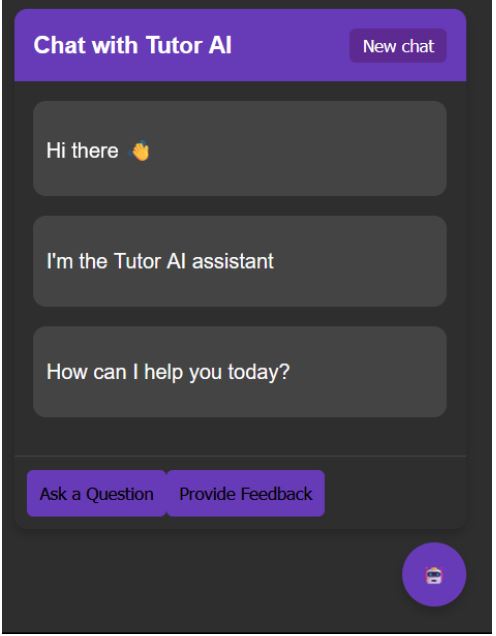
Personalized learning with ChatGPT
The project investigates the enhancement of personalized learning through autonomous AI agents within a custom tutoring platform. The scientific deliverable provides a comprehensive overview of personalized learning, adaptive learning techniques, and agent-oriented programming (AOP). It explains how these concepts integrate to create tailored educational experiences, backed by key literature emphasizing the transformative potential of AI in education. The technical deliverable focuses on developing a multi-agent system using the CrewAI framework, implementing backend services with Django and SQLite, and creating a user-friendly frontend with React. The project demonstrates that integrating AOP and AI significantly enhances student engagement, motivation, and learning outcomes, providing a flexible and scalable educational environment tailored to individual learner needs. This work lays the groundwork for future advancements in AI-driven personalized learning systems, showcasing their potential to revolutionize traditional educational methods..
Supervisor(s): Sana Nouzri
Student(s): Hedi Tebourbi
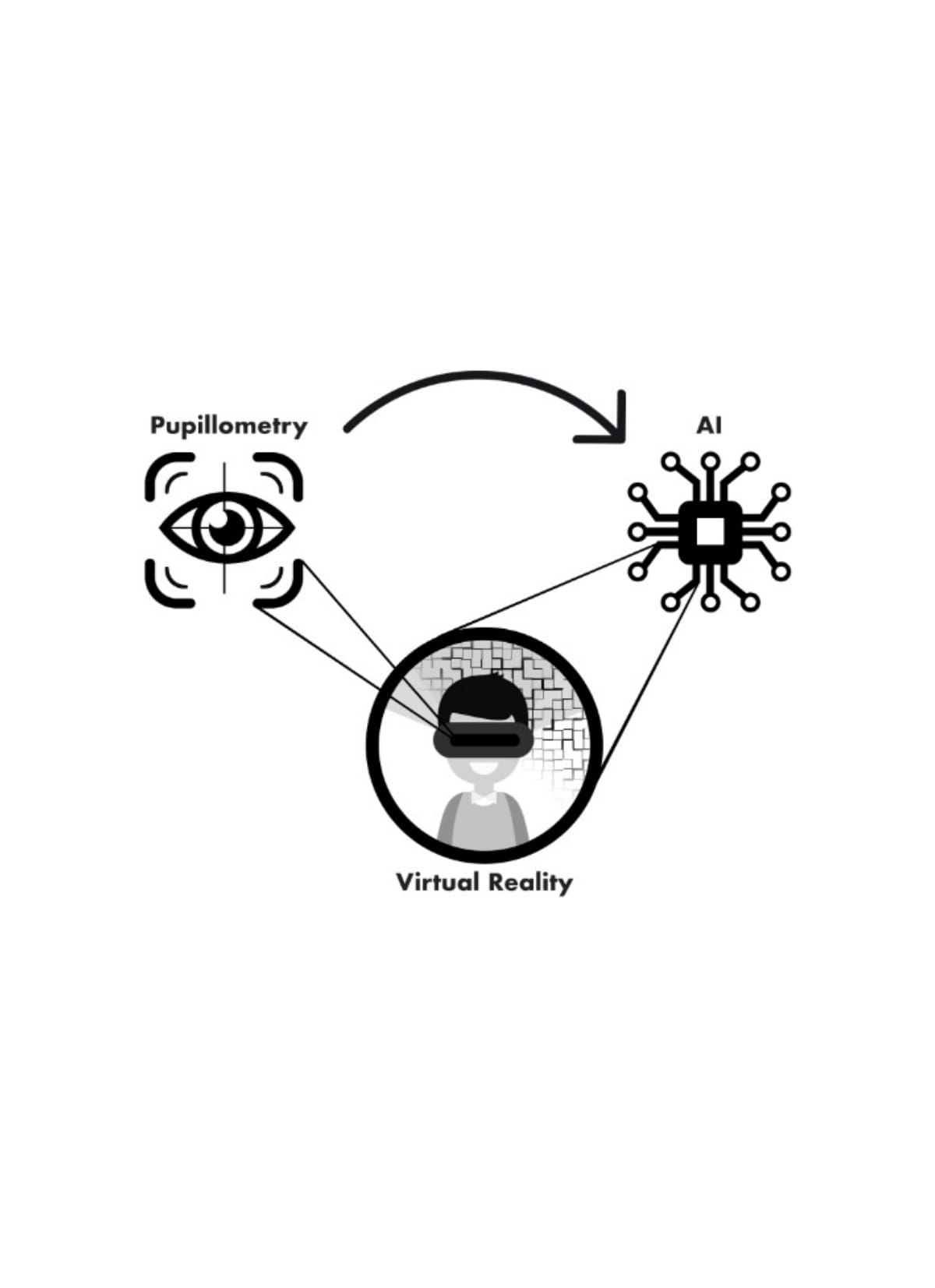
Predicting cognitive errors in virtual reality by monitoring changes in pupil dilation during cognitive processing
As part of its broader research agenda, the VR/AR Lab explores the potential of AI technologies in educational mediated-reality applications. A recent paper demonstrated the possibility of predicting cognitive errors in virtual reality by monitoring changes in pupil dilation during cognitive processing. Applying machine learning methods to eye-tracking data, among others, has important implications for self-adaptive virtual environments and user interfaces in education and training.
Authors: Sahar Niknam, Jean Botev.
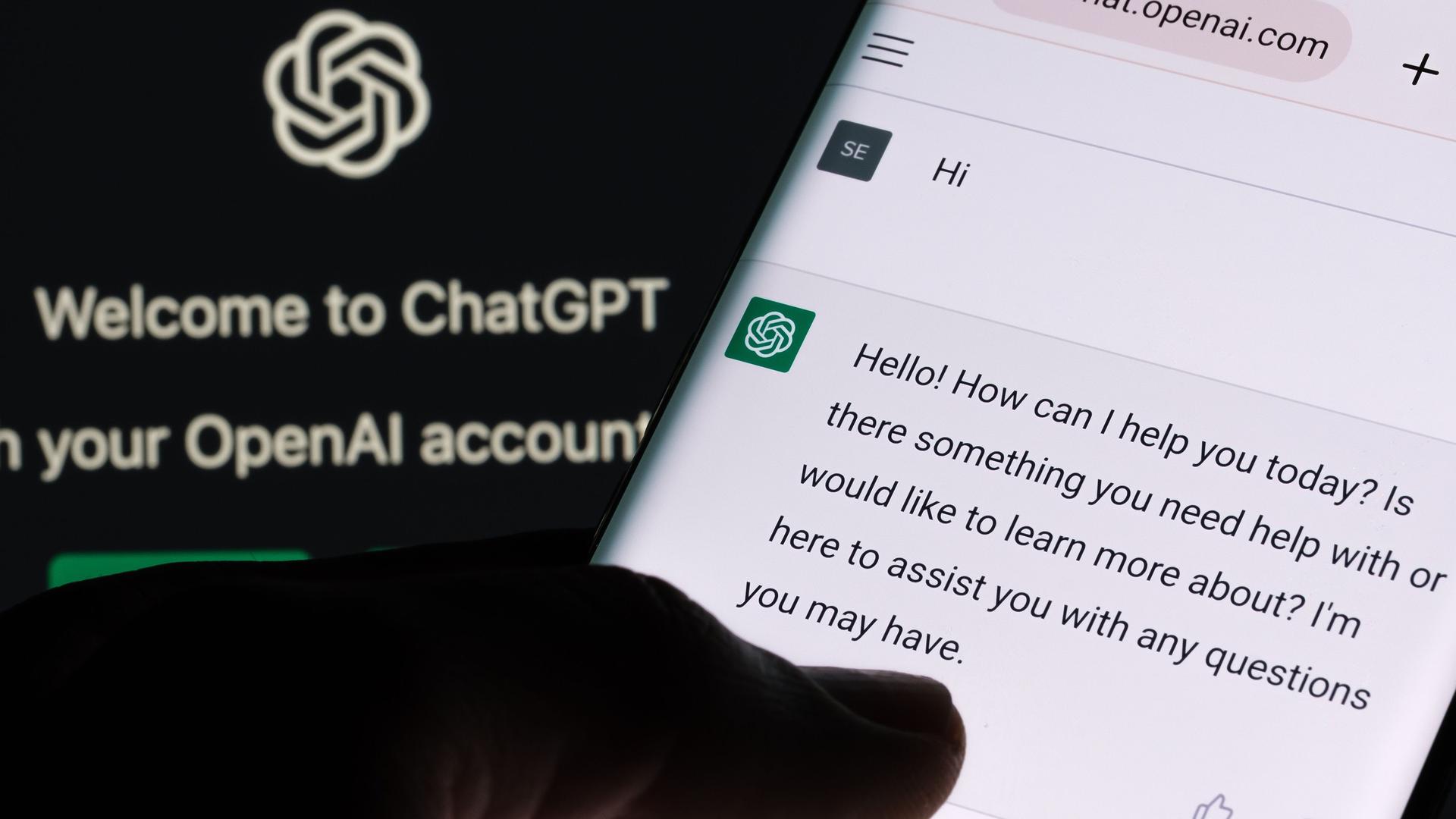
Über den Einsatz von Generative AI für die Lehre
The authors believe that generative AI is relevant when used in a measured, controlled manner, and as a relaxing element. They advise against completely replacing traditional teaching concepts and methods with generative AI, but suggest gradually and strategically introducing systems like ChatGPT as an additional tool.
Authors: Christoph Schommer, Salima Lamsyah, Sana Nouzri
